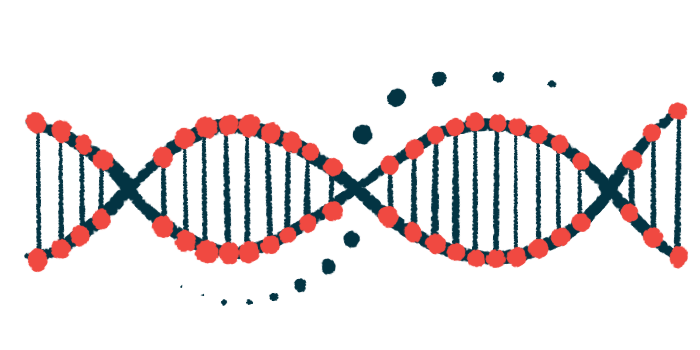Phase 3 Trial of SB-525, Gene Therapy for Hem A, Again Enrolling
AFFINE study resuming after changes made to protect against blood clots

Men with moderate-to-severe hemophilia A are again being enrolled in the Phase 3 AFFINE trial, which is testing the safety and effectiveness of SB-525 (giroctocogene fitelparvovec), an experimental gene therapy being developed by Pfizer and Sangamo Therapeutics.
Pfizer, the study’s sponsor, had placed a voluntary pause on enrollment after some treated patients developed unusually high levels of clotting proteins. The U.S. Food and Drug Administration (FDA) then placed a hold on the trial.
The FDA lifted its hold earlier this year after reviewing trial data, and Pfizer adjusted the study’s protocol to manage high clotting factor levels.
Now, Pfizer and Sangamo have also ended their voluntarily pause in dosing, announcing in a press release that enrollment is resuming this month, with dosing expecting to begin again in October. Results from the trial are expected in the first half of 2024, according to the companies.
Hemophilia A gene therapy aims to deliver healthy gene to liver cells
The AFFINE trial (NCT04370054) is expected to enroll 63 men, ages 18–64, with moderate to severe hemophilia A — meaning the activity of factor VIII (FVIII), the clotting protein that is dysfunctional in hemophilia A, is 1% or lower compared to what would be expected in someone without hemophilia.
Eligible patients are those who took part in a lead-in study of factor FVIII prophylaxis (NCT03587116) and are being recruited at sites that include the U.S., Canada, Australia, Brazil, Europe, and Japan. All trial sites are expected to be active by year’s end, Pfizer and Sangamo stated.
Gene therapy trial participants will each receive a single dose of SB-525, delivered via infusion into the bloodstream, and then be followed for up to five years to assess its safety and efficacy.
The study’s main goal is to assess the effect of treatment on annual bleeding rates after 15 months. Other assessed outcomes include FVIII activity, the use of replacement therapies, and patient-reported measures of life quality.
SB-525 is designed to deliver a healthy copy of the gene that encodes FVIII to liver cells, allowing the body to make a working version of the clotting protein. The therapy has been granted fast track, orphan drug, and regenerative medicine advanced therapy designations by the FDA.
Pfizer implemented the pause in enrollment because some treated patients saw their FVIII levels rise to above 150% of what is typical, which can increase the risk of blood clots.
The company had previously disclosed that one AFFINE trial patient developed deep vein thrombosis in the leg, a condition caused by blood clots that can be life-threatening. Upon review, the man was found to have a prior history of clots, which is a known risk factor for future clotting problems, and he should not have been included in the trial.







